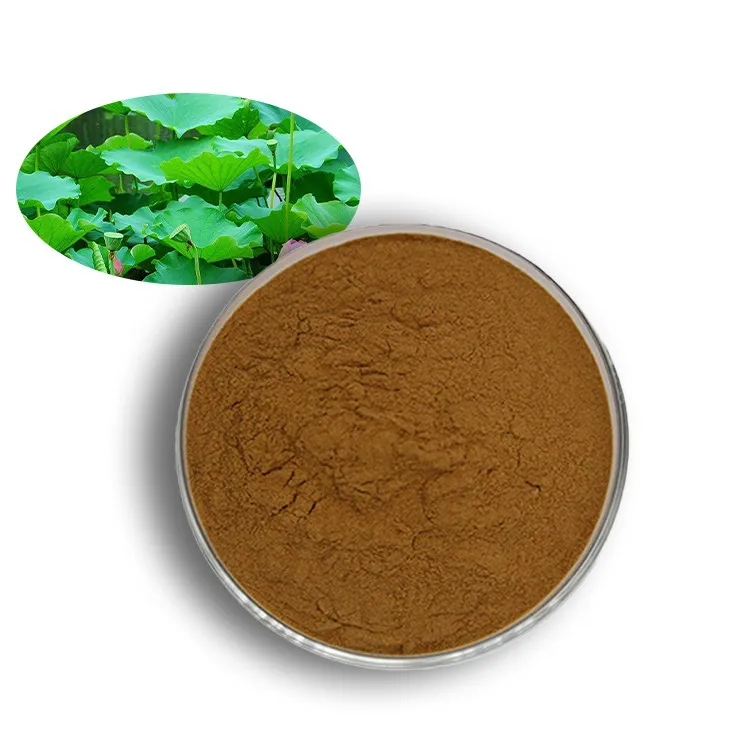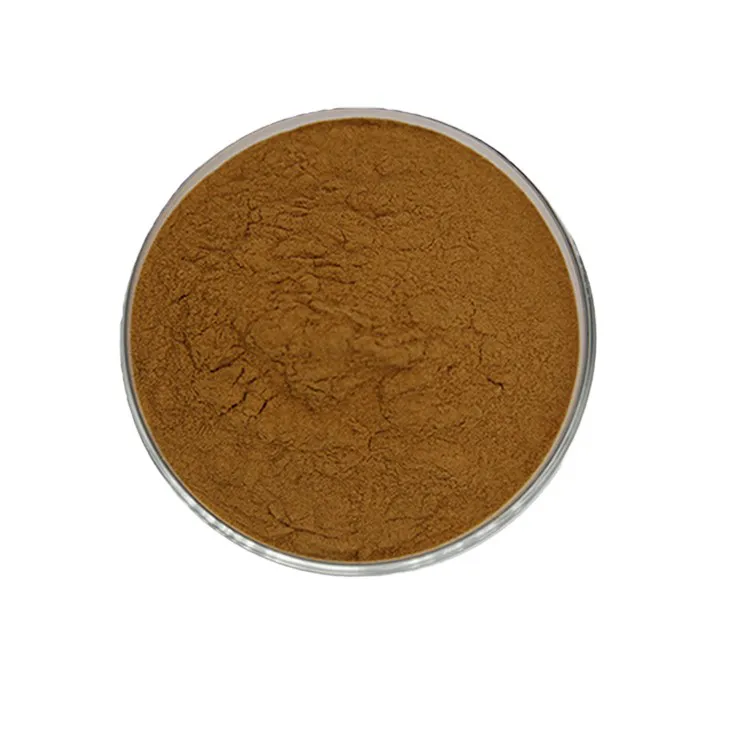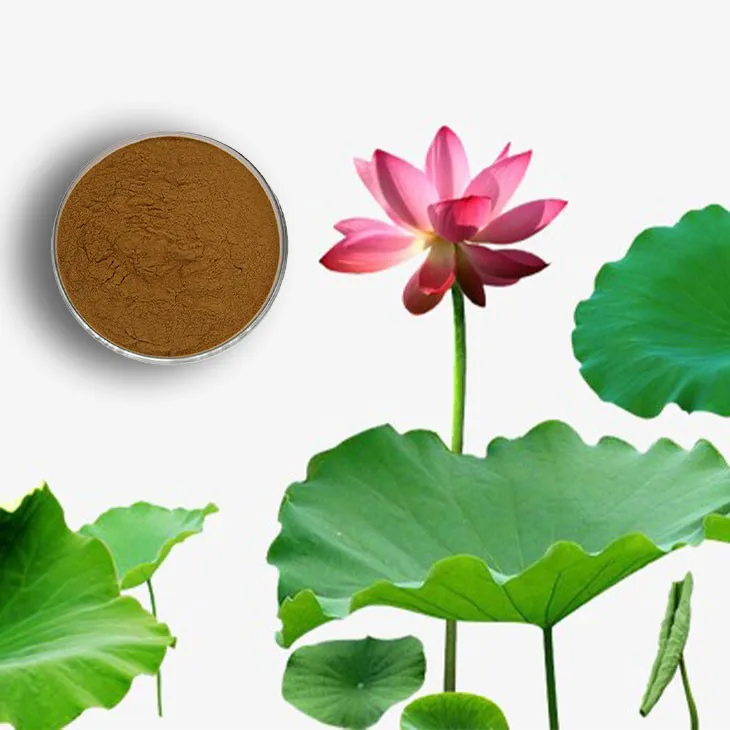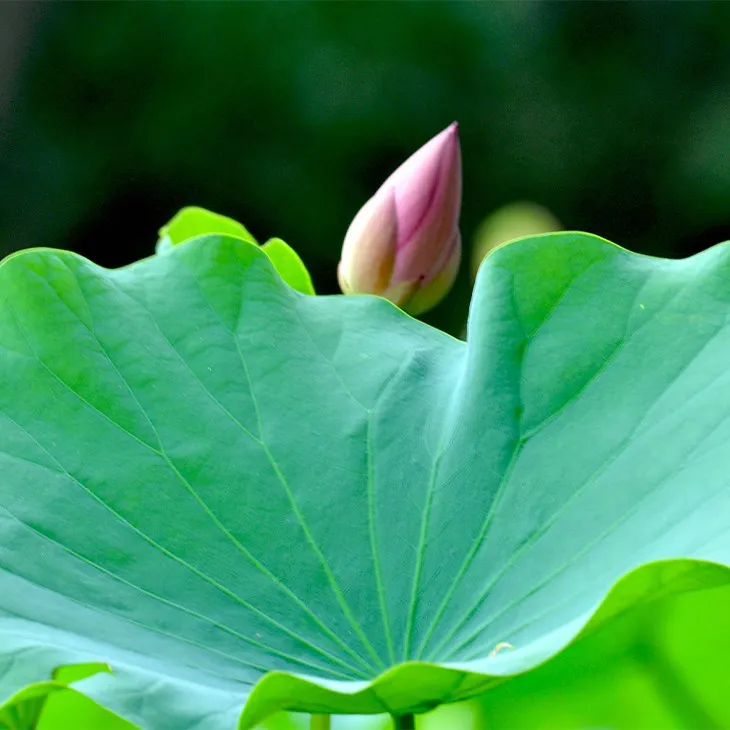- 0086-571-85302990
- sales@greenskybio.com
Bulk purchase of lotus leaf extract.
2024-11-30

1. Introduction
Lotus leaf extract has emerged as a significant substance in various industries. Its diverse range of applications makes it an attractive option for businesses looking to incorporate it into their products. Bulk purchasing of Lotus leaf extract is a strategic decision that comes with both opportunities and considerations. This article will explore these aspects in detail.

2. Applications in the Nutraceutical Industry
2.1 Nutritional Benefits
In the nutraceutical industry, Lotus leaf extract is highly valued for its rich nutritional content. It contains a variety of nutrients and bioactive substances. These components can contribute to enhancing the overall nutritional profile of dietary supplements. For example, it may contain antioxidants that help in combating oxidative stress in the body.2.2 Formulation of Dietary Supplements
Manufacturers often use lotus leaf extract in the formulation of dietary supplements. It can be combined with other ingredients to create products that target specific health benefits. For instance, it may be used in supplements aimed at promoting weight management or improving digestion. However, when considering bulk purchase for this purpose, there are several factors to keep in mind.
3. Quality Assurance in Bulk Purchase
3.1 Importance of Analytical Tests
Quality assurance is paramount when it comes to bulk purchasing of lotus leaf extract. Analytical tests play a crucial role in this regard. These tests are necessary to verify the composition and potency of the extract. For example, tests can determine the concentration of active ingredients present in the extract. This helps in ensuring that the extract meets the required standards for use in nutraceutical products.3.2 Testing for Purity
Another aspect of quality assurance is testing for purity. The extract should be free from contaminants such as heavy metals, pesticides, and other harmful substances. Contaminated extract can pose serious health risks to consumers. Therefore, reliable testing methods should be employed to ensure the purity of the lotus leaf extract during bulk purchase.
4. Regulatory Compliance
4.1 Regional Regulations
Regulatory compliance is a key consideration in the bulk purchase of lotus leaf extract. Different regions have specific regulations regarding the use and sale of products containing lotus leaf extract. For example, in some countries, there may be strict limits on the concentration of certain ingredients in nutraceutical products. Manufacturers need to be well - aware of these regulations to avoid legal issues.4.2 Labeling Requirements
Labeling requirements also vary from region to region. The product label should accurately reflect the contents of the lotus leaf extract - based product. This includes providing information about the source of the extract, its composition, and any potential allergens. Failure to comply with labeling requirements can lead to product recalls and damage to the brand's reputation.
5. Applications in the Textile Industry
5.1 Functional Fabrics
In the textile industry, lotus leaf extract has shown great potential. It can be used to create functional fabrics with unique properties. One of the notable properties is antibacterial activity. Fabrics treated with lotus leaf extract can inhibit the growth of bacteria, which is especially useful in products such as sportswear and medical textiles. Another property is moisture - wicking. This allows the fabric to draw moisture away from the skin, keeping the wearer dry and comfortable.5.2 Bulk Purchase for Innovation
Bulk purchasing of lotus leaf extract can enable textile manufacturers to explore these innovative applications on a larger scale. They can experiment with different fabric blends and treatment methods to optimize the performance of the functional fabrics. However, they also face certain challenges.6. Challenges in the Textile Industry
6.1 Market Fluctuations
One of the major challenges for textile manufacturers in bulk purchasing lotus leaf extract is market fluctuations. The price of the extract can vary significantly depending on factors such as supply and demand, crop yields, and production costs. Manufacturers need to closely monitor these market trends and manage their inventory accordingly. For example, if the price is expected to increase, they may consider stocking up on the extract in advance.6.2 Compatibility with Other Textile Chemicals
Another challenge is ensuring the compatibility of lotus leaf extract with other textile chemicals. When used in fabric treatment, it should not react negatively with other substances used in the manufacturing process. This requires careful testing and formulation to ensure the quality and performance of the final fabric product.7. Sourcing of Lotus Leaf Extract
7.1 Natural Sources
Lotus leaf extract is typically sourced from natural lotus plants. These plants are grown in different regions, and the quality of the extract can be influenced by factors such as the growing environment, soil quality, and climate. It is important to source the extract from reliable suppliers who can ensure consistent quality.7.2 Sustainable Sourcing
With the increasing emphasis on sustainability, sustainable sourcing of lotus leaf extract is also becoming a consideration. This involves practices such as responsible farming, minimizing environmental impact, and ensuring fair trade for the farmers involved in the production of lotus plants.8. Conclusion
Bulk purchase of lotus leaf extract offers numerous opportunities for businesses in both the nutraceutical and textile industries. However, it also comes with significant considerations such as quality assurance, regulatory compliance, and market fluctuations. By carefully evaluating these factors and making informed decisions, businesses can effectively utilize lotus leaf extract in their products and gain a competitive edge in the market.
FAQ:
What are the main applications of lotus leaf extract?
In the nutraceutical industry, it is used for formulating dietary supplements. In the textile industry, it has potential in creating functional fabrics with antibacterial and moisture - wicking properties.
Why is quality assurance important in batch purchasing of lotus leaf extract?
Because analytical tests need to be carried out to verify the composition and potency of the extract. Only by ensuring quality can the final products meet the requirements.
What is the key factor in batch purchasing of lotus leaf extract?
Regulatory compliance is a key factor. Different regions may have specific regulations regarding the use and sale of lotus leaf extract - based products.
How can manufacturers in the textile industry manage the batch purchase of lotus leaf extract?
They need to be aware of potential market fluctuations in the price of lotus leaf extract and manage their inventory accordingly. By doing so, they can better explore the innovative applications on a larger scale.
What should be considered when buying lotus leaf extract in batches for the nutraceutical industry?
Quality assurance is crucial. Analytical tests should be done to check the composition and potency. Also, regulatory compliance must be ensured as different regions may have different regulations for products containing lotus leaf extract.
Related literature
- The Bioactive Compounds in Lotus Leaf Extract and Their Potential Health Benefits"
- "Lotus Leaf Extract in Textile Functionalization: Current Research and Future Prospects"
- "Quality Control and Standardization of Lotus Leaf Extract in the Nutraceutical Market"
- ▶ Hesperidin
- ▶ citrus bioflavonoids
- ▶ plant extract
- ▶ lycopene
- ▶ Diosmin
- ▶ Grape seed extract
- ▶ Sea buckthorn Juice Powder
- ▶ Beetroot powder
- ▶ Hops Extract
- ▶ Artichoke Extract
- ▶ Reishi mushroom extract
- ▶ Astaxanthin
- ▶ Green Tea Extract
- ▶ Curcumin Extract
- ▶ Horse Chestnut Extract
- ▶ Other Problems
- ▶ Boswellia Serrata Extract
- ▶ Resveratrol Extract
- ▶ Marigold Extract
- ▶ Grape Leaf Extract
- ▶ blog3
- ▶ blog4
-
The best lemon juice powder in nature.
2024-11-30
-
Organic Vitamin K2 Powder Suppliers
2024-11-30
-
Bulk purchase of L - tyrosine.
2024-11-30
-
Vitamin K2 Manufacturers
2024-11-30
-
100% Pure Natural Rutin.
2024-11-30
-
Chinese Citrus Bioflavonoid Suppliers.
2024-11-30
-
Bitter Melon Extract
2024-11-30
-
Licorice Root Extract Powder
2024-11-30
-
Senna Leaf Extract
2024-11-30
-
Red Vine Extract
2024-11-30
-
Golden Seal Extract
2024-11-30
-
Curcuma Longa Extract
2024-11-30
-
Mulberry leaf Extract
2024-11-30
-
Sea buckthorn Juice Powder
2024-11-30
-
Peppermint Extract Powder
2024-11-30
-
Nettle Root Extract
2024-11-30





















